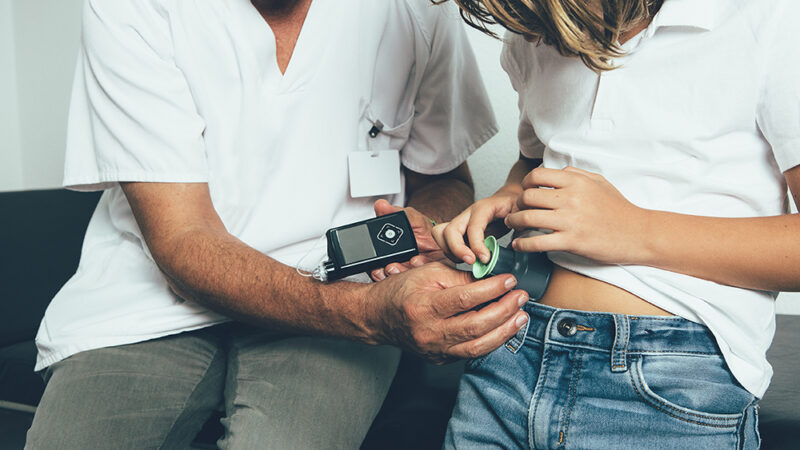Equitable learning opportunities for new nurses
With over 130,000 students at Western Governors University (WGU) delivering online courses from the US, Dr Jan Jones-Schenk is the Senior Vice President and Executive Dean of the College of Health Professions. The College that Dr Jones-Schenk is Dean of, has approximately 30,000 students following healthcare curricula.
In January 2022, the University marks 25 years as a non-profit academic institution, focused on competency based education delivered through expanded access to rural areas and in an equitable manner to others in the United States. The focus for WGU has been in delivering education regardless of time or place especially in rural communities to locals.
Lifelong research into Cannabis
Mechoulam was possibly the most significant academic to shed light on the active principles of the cannabis plant back in the 1960s, when his work at the Weizmann Institute led to the discovery of the human endo-cannabinoid system, giving him the title the “Godfather of cannabis research”. In a recent Global Health Talk with Michael Lesner, Professor Mechoulam reflects on his lifelong work in cannabis research.
Veteran wellbeing in civilian life
In an informal talk with Global Health Talks host Mike Lesner, himself a former US Marine, Nicci talks on the purpose of AIMS being an information-sharing network for all those who serve and support the military and veteran community.
Access to services is important consideration for Veteran wellbeing and AIMS develops a user-friendly membership infrastructure where members can network; research and information can be curated and archived; Service members, Veterans, Families, and caregivers can easily access services.
Another of the important roles that AIMS serves is to enhance partnership with VA and government services to increase efficiency and fill gaps.
Accelerating technology and innovation in pediatrics
Medical devices in pediatrics is an underserved area due to the characteristics of the patient. Children are usually less likely to be sick, the regulatory and ethical complexity treating children and lastly, the changing nature of growing children’s bodies creating its own challenges.
Support for pediatric medical technology innovators commenced under Consortium for Technology & Innovation in Pediatrics (known as CTIP), has been through the PDC program funded by the US FDA in 2009. To date there have been 4 cycles of the program.
Transformative era for medical devices in Asia-Pacific region
APACMed has formed partnerships in the region, but also with MedTech Innovator based in the United States for screening startups in the Asia Pacific region. This reflects 40% of APACmed members being multinational MedTech companies. However 50% of APACMed members are startups from the region itself.
The Asia Pacific MedTech market is forecasted to become the 2nd largest in the world, yet has varying levels of maturity across a diverse number of countries. The region also has large numbers of the ageing population, but spends less than 5% on average in healthcare, for a region where the main disease states are in cardiovascular, orthpedics and diabetes.
Australia’s digital health push into new national markets
Infection rates following surgical procedure vary across countries, however the causes and the ranges of variation are not well understood.
The causes of the infections are not as high as would be assumed on the surgical procedure, but co-morbidity and lifestyle choices including alcohol consumption may exacerbate risk. As Dr Edmiston states, there are a myriad of causes, and funding is limited in many countries. However there are some solutions, where goals, performance tracking against the goals and better communication is needed.






